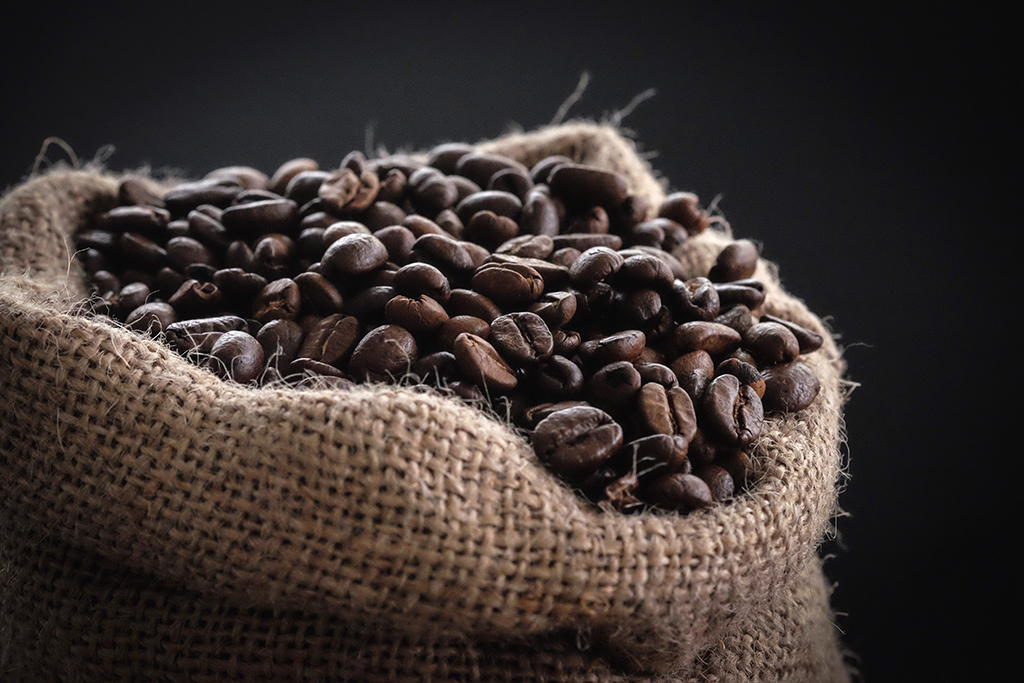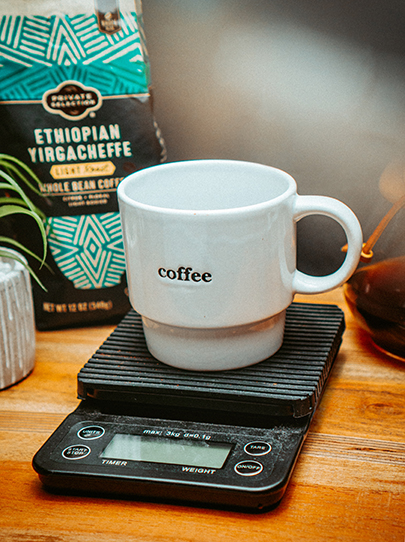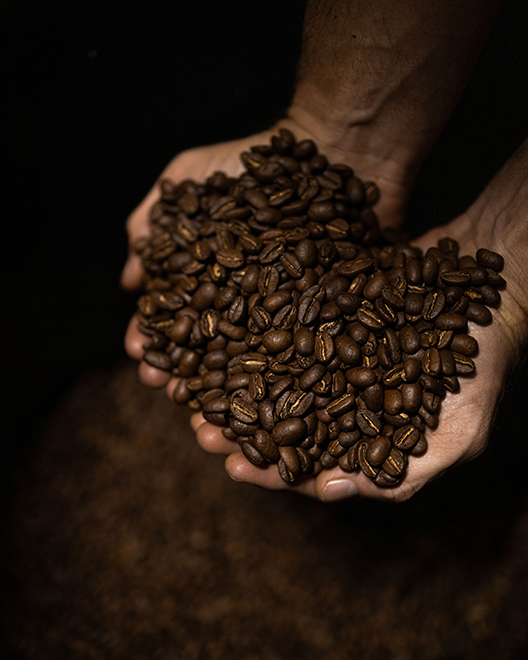Specialty coffee is a term that is used to refer to coffee that scores above 80 points on a 100-point scale by a certified coffee taster or a licensed Quality Grader. The Specialty Coffee Association (SCA) is responsible for setting the quality standards for the specialty coffee industry, including the grading protocol.
The importance of quality in specialty coffee cannot be overstated. It is the quality that sets specialty coffee apart from regular coffee. The quality is determined by factors such as the coffee’s flavor, aroma, body, and acidity.
We will now dive into the subject of speciality coffee and brewing for quality and sustainability. Read on to find out more.

The Journey of Coffee: From Bean to Cup
The journey of coffee from bean to cup involves several stages.
- It starts with coffee cultivation and harvesting. Coffee is typically grown in tropical climates, and the best quality coffee is often grown at higher altitudes. The coffee cherries are harvested once they are ripe.
- After harvesting, the coffee cherries undergo a process known as coffee processing. It involves removing the pulp and skin of the cherry to reveal the coffee beans. The beans are then dried and sorted.
- The next stage is roasting. Roasting will transform the green coffee beans into the aromatic brown beans we purchase from stores. The roasting process is crucial as it influences the taste of the coffee.
- The final stage is brewing. Brewing is the process of turning the roasted coffee beans into a cup of coffee. There are various brewing methods, each with its unique impact on the final taste of the coffee.
The Specialty Coffee Market
The specialty coffee market has seen significant growth in recent years. This growth is driven by a shift in consumer preferences towards high-quality, ethically sourced products. Consumers are becoming more knowledgeable about coffee and are willing to pay a premium for higher quality.
The role of consumers in driving demand for specialty coffee is crucial. Consumers today are interested in more than just the taste of their coffee but also in how it is sourced and produced.

They are increasingly seeking out brands that prioritize sustainability and ethical sourcing practices. This consumer-driven demand is pushing more coffee producers and retailers to focus on quality and sustainability, shaping the future of the specialty coffee market.
For more insights into the specialty coffee market, check out the Specialty Coffee Association.
Quality in Specialty Coffee
The role of quality in specialty coffee is paramount. It is the quality that differentiates specialty coffee from regular coffee. The quality of specialty coffee is determined by several factors, including:
- The variety of the coffee plant
- The climate where it’s grown
- The quality of soil
- The altitude it is grown
- The care taken during harvesting and processing
Brewing techniques also have a significant impact on coffee quality. Different brewing methods can highlight different flavors and characteristics in the coffee.
For example, a French press can highlight the body and mouthfeel of a coffee, while a pour-over method can highlight the acidity and aroma.
Sustainability in Specialty Coffee
Sustainability is becoming increasingly important in the coffee industry. It ensures that coffee production is economically viable, socially equitable, and environmentally friendly.

Ethical sourcing plays a crucial role in specialty coffee. It involves ensuring that coffee is sourced in a way that is fair to the farmers and workers involved in its production.
Ethical sourcing practices can include paying fair prices to farmers, ensuring good working conditions, and supporting community development projects.
Sustainable practices also have a significant impact on the environment and coffee communities. These practices include organic farming methods, shade-grown coffee, and water conservation.
Sustainable practices help protect the environment and ensure the long-term viability of coffee farming communities.
Case Studies: Brands Leading the Way in Quality and Sustainability
Many brands now, are prioritizing quality and sustainability in the coffee industry.
These brands understand that prioritizing quality and sustainability is not only good for the environment and coffee communities but also good for business. Consumers are increasingly seeking out brands that align with their values, and these brands are responding to that demand.
The impact of these practices on their business and the wider coffee industry is significant. By prioritizing quality and sustainability, these brands are helping to drive the industry toward a more sustainable future.
They are setting a positive example for other brands to follow and showing that it is possible to produce high-quality coffee in a way that is good for people and the planet.
Brewing Techniques for Specialty Coffee
There are various brewing techniques for specialty coffee, each with its unique impact on the final taste of the coffee. Some popular brewing methods include:
- Pour-over: This method involves pouring hot water over coffee grounds in a filter. It allows for control over the brewing time and temperature, which can highlight the coffee’s acidity and aroma.
- French press: This method involves steeping coffee grounds in hot water in a carafe and pressing the grounds out. It can highlight the body and mouthfeel of a coffee.
- Espresso: This method forces hot water under pressure through finely ground coffee. It results in a concentrated coffee with a rich flavor and crema on top.
- Cold brew: This method involves steeping coffee grounds in cold water for an extended period. It results in a coffee with low acidity and a smooth, sweet flavor.

Different brewing techniques can enhance the quality of specialty coffee by highlighting different flavors and characteristics. The choice of brewing method can depend on the specific coffee being used and the flavors that you want to highlight.
The Future of Specialty Coffee
The future of specialty coffee will likely be shaped by innovation and the continued importance of quality and sustainability.
Innovation can take many forms in the coffee industry. It can include new brewing techniques, new coffee varieties, and new coffee processing methods. Innovation can help improve coffee quality and create new and exciting coffee experiences for consumers.
The importance of quality and sustainability will continue to be a key focus in the future of specialty coffee. Consumers are increasingly seeking out high-quality, ethically sourced coffee, and this trend is likely to continue. The coffee industry must continue to focus on improving quality and sustainability to meet this demand.
Conclusion
The importance of quality and sustainability in specialty coffee cannot be overstated. These factors are critical to the success of the specialty coffee industry and will continue to shape the industry’s future.
The journey of coffee from bean to cup involves many stages, each with its own impact on the quality of the coffee. Each step plays a crucial role in creating the final product, from cultivation and harvesting to processing, roasting, and brewing.
As we look to the future, it is clear that the specialty coffee industry will continue to evolve and innovate. However, the focus on quality and sustainability will remain constant. These values define specialty coffee and make it such a unique and valuable product.
FAQs
What are the three pillars of sustainability coffee?
The three pillars of sustainability in coffee are economic viability, social equity, and environmental stewardship.
- Economic viability ensures coffee production is profitable for all parties, from farmers to retailers.
- Social equity involves fair treatment of workers and investment in coffee-growing communities.
- Environmental stewardship involves practices that protect the environment and promote biodiversity.
What is considered strong knowledge of specialty coffee?
Good knowledge of specialty coffee involves understanding the various factors that contribute to the quality of coffee, including:
- The variety of the coffee plant, the growing conditions
- The processing methods
- The brewing techniques
- Understanding the importance of sustainability
- Understanding ethical sourcing in the coffee industry.
What type of coffee is most sustainable?
The most sustainable type of coffee is typically shade-grown, organic coffee. Shade-grown coffee is grown under a canopy of trees, which helps to protect the environment and promote biodiversity. Organic coffee is grown without the use of synthetic fertilizers and pesticides, which can harm the environment.
What is the most sustainable way to make coffee?
The most sustainable way to make coffee involves using a manual brewing method, such as a French press or pour-over, which does not require electricity or disposable pods. It also involves sourcing coffee that is ethically sourced and sustainably grown.

Taylor – Barista and Product Tester at MyCoffeeBeanz.com
Taylor is a professional barista and our product tester here at MyCoffeeBeanz.com. She loves experimenting with different coffee brewing methods but her real passion within the coffee industry is helping promote sustainability and eco-friendliness wherever she can. Read more about Taylor her
